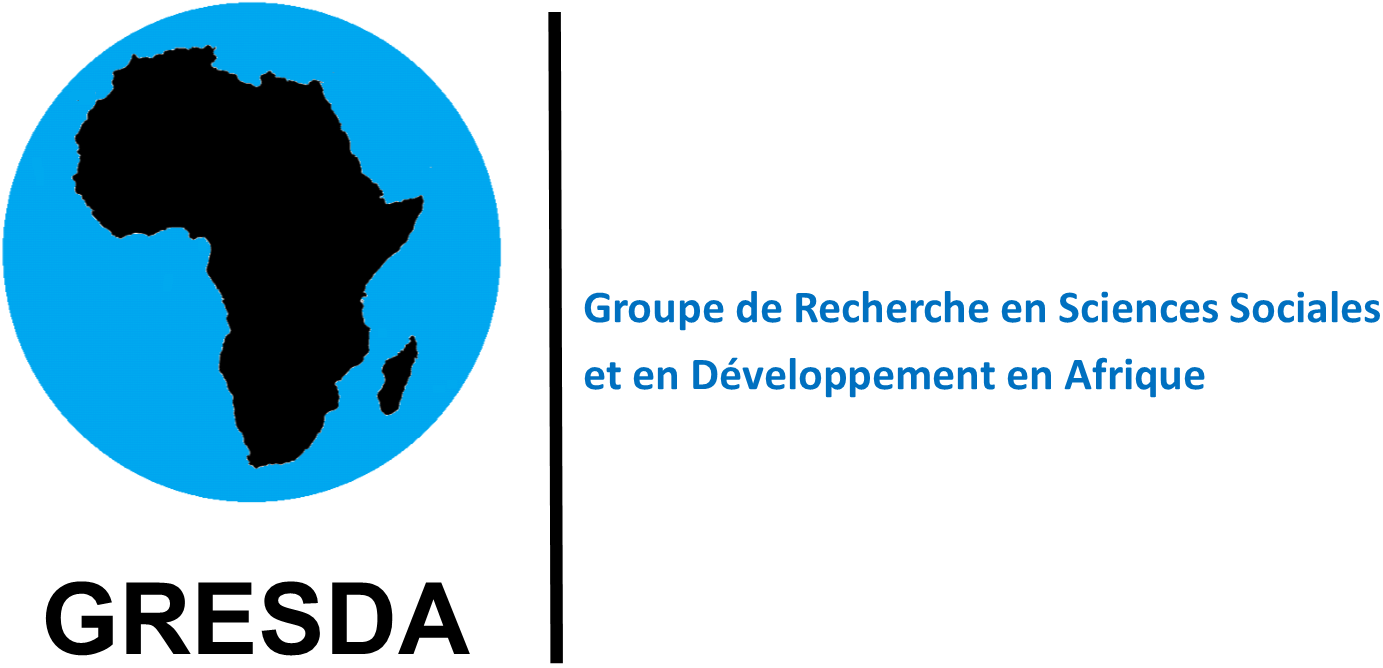
Par Roméo Aubin BELLA BESSIA
Résumé
Dans un contexte de mondialisation, l’acronyme BRICS (Brésil, Russie, Inde, Chine, Afrique du Sud), puis élargis en 2024 à cinq autres pays (Arabie Saoudite, Egypte, Ethiopie, Iran, EAU) dans le cadre des BRICS plus, désigne les Emergents, un nombre de pays devenus de plus en plus incontournables en raison de leur croissance rapide, de leur poids respectif et cumulé dans l’économie mondiale et leur visibilité politique. S’agissant de l’Inde, son entrée dans ce club est un signe de reconnaissance de son statut d’économie émergente et en ce sens, elle entend jouer un rôle majeur dans une diplomatie tous azimuts. Cette tendance multilatérale donne à New Delhi une position de partenaire sérieux et lui confère une visibilité notoire. De ce fait, l’Inde renforce sa présence en Afrique pour consolider son poids international et impulser une coopération multiforme. Fort de ce constat et à l’observation des dynamiques internationales, la présente étude se fonde sur les analyses stratégique, géopolitique et le néolibéralisme comme instruments méthodologiques. Cet article permet de constater que l’Inde est devenue au fil du temps un partenaire inéluctable et très courtisé tant ailleurs dans le monde, qu’en Afrique.
MOTS CLEFS: Inde-Afrique, New Delhi, Positionnement, Géopolitique
Abstract
Against a backdrop of globalisation, the acronym BRICS (Brazil, Russia, India, China, South Africa), which will be extended in 2024 to include five (Saoudi Arabia, Egypt, Iran, Ethiopia, UAE) other countries as part of BRICS plus, refers to the emerging economies, a number of countries that have become increasingly important because of their rapid growth, their respective and cumulative weight in the world economy and their political visibility. India’s entry into this club is a sign of recognition of its status as an emerging economy, and as such it intends to play a role that will enable it to engage in all-round diplomacy. This multilateral trend gives New Delhi a position as a serious partner and gives it a high profile. For this reason, India is strengthening its presence in Africa to consolidate its international weight and give impetus to multifaceted cooperation. With this in mind and in the light of international dynamics, this study uses geopolitical, strategic analysis and neoliberalism as its methodological tools. This article shows that over time, India has become an inescapable and much-wooed partner, both elsewhere in the world and in Africa. This is the case of its positioning in Cameroon.
Keywords: India-Africa, New Delhi, Positioning, Geopolitics
